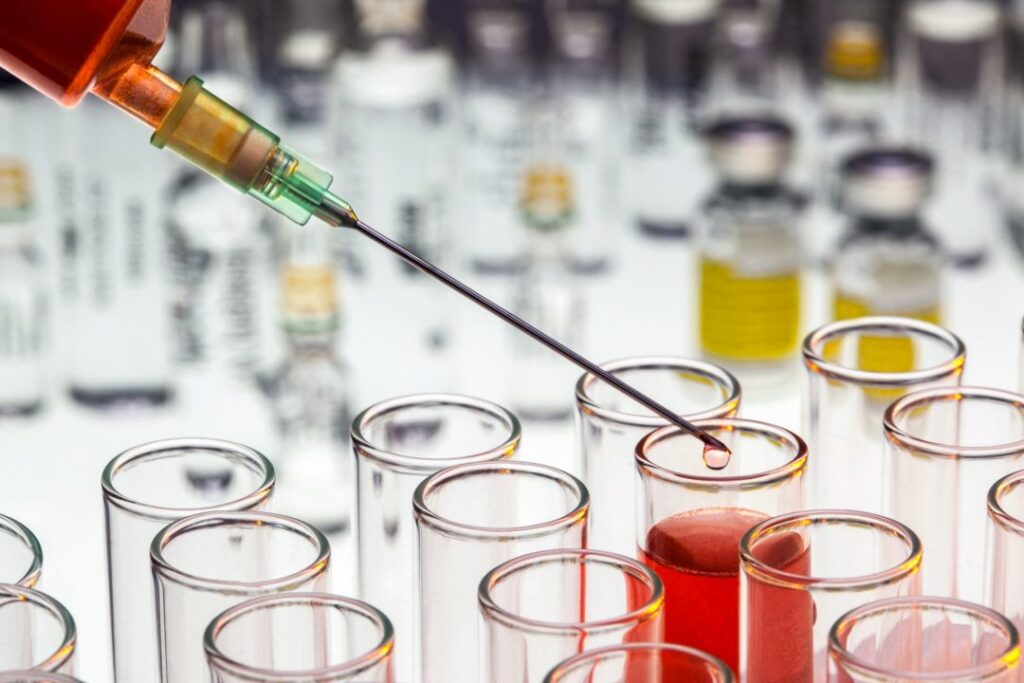Hair Problems
Hair Problems
Regardless of age or gender, hair problems in BTM Layout Bangalore is a widespread issue that millions of people experience worldwide. While various factors contribute to hair problems, including genetics, hormonal imbalances, stress, and nutritional deficiencies, homeopathy offers a natural and holistic approach to address this issue. For the best homeopathy hair treatment, one needs to go through research for a comprehensive evaluation ofspecific symptoms and a tailored treatment plan. Marutha Homeop is combining homeopathic remedies with a healthy lifestyle, proper nutrition, and stress management techniques that can contribute to healthier hair and overall well-being.
Alopecia, another name for hair loss, can have several causes. Here are some common reasons for hair loss:
- Genetic Factors
- Hormonal Changes
- Medical Conditions
- Nutritional Deficiencies
- Stress and Emotional Factors
- Medications and Treatments
- Hairstyling Practices
Homeopathic remedies aim to stimulate the body’s self-healing mechanisms and restore balance, thereby promoting healthy hair growth.
Call Our Experts
Start your journey to better health with our dedicated homeopathy professionals. Contact us today for a consultation.
Role of Homeopathy in Curing Hair Problems
Homeopathy is very effective in treating hair problems. As mentioned earlier, when we say hair problems or baldness, we do not mean the male pattern baldness or the androgenic baldness. In such cases, we can only decrease hair fall.
But in other cases, the homeopathic medicines for hair problems not only treat the symptoms i.e. the hairfall but also cure the systemic problems that are the root cause of the hair problems. In case the bald spots are happening due to fungal infections, the homeopathic medicines eradicate the fungus completely and the hair grows back on their own completely naturally.
Duration Of The Treatment:
The initial improvement can be seen with in 8 to 10 weeks. The treatment course depends on the patient or individual and varies from case to case.
The duration of treatment depends on mainly:
- The severity of hair fall or problems
- The extent of spread as in Alopecia areata.
- The duration of the Hair problems
- Associated systemic illnesses if like Hyper/Hypothyroidism.
- Use any chemical agents or medications, such as Steroids, Antihypertensive drugs, etc.


Hair Loss
Most healthy people lose up to 100 strands of hair per day. As part of your hair’s growth cycle, new strands grow and take the place of the ones you shed.
When you start to shed more strands — and fewer or none grow back — the condition is considered alopecia (hair loss). There are several types of hair loss, and it can affect adults of any gender and even children. You may lose hair just on your head or from your body as well.
What causes hair loss?
Hair loss has many possible causes. The most common include:
- Hereditary hair loss from genetics (genes you inherit from your parents).
- Fungal infections on the scalp.
- Hairstyles that pull the hair tightly (such as braids, hair extensions or tight ponytails).
- Haircare that may cause damage due to processing (including perms and bleach).
- Hormonal changes (such as pregnancy, childbirth or menopause).
- Medical treatment (such as chemotherapy and certain medications).
- Nutritional deficiencies (especially not getting enough iron or protein).
- Thyroid disease.
- Stressful events (like having surgery or losing a loved one).


Androgenetic Alopecia
Androgenetic alopecia is a type of hair loss that affects people assigned male at birth (AMAB). It causes you to lose hair on the skin covering your head (scalp), and your hair doesn’t grow back. Other signs of male-pattern baldness include thinning hair and a hairline that moves farther back on your head (receding hairline).
What causes Androgenetic Alopecia?
The following factors contribute to male pattern baldness:
- Age: The chances of developing male pattern baldness increase with age. About 25% of people assigned male at birth see the first signs of hair loss before age 21. By age 50, half experience hair loss, and about 70% will lose hair as they get older.
- Hormones: Dihydrotestosterone (DHT) is a type of androgen. Androgens are a group of sex hormones that help people enter puberty and mature physically. Physical developments include hair growth on the face, scalp, chest, underarms and genitals.
- Genetics: People assigned male at birth have one X chromosome they inherit from their mother and one Y chromosome they inherit from their father.


Alopecia Areata
Alopecia areata is a common autoimmune disorder that often results in unpredictable hair loss.
In most cases, hair falls out in small patches around the size of a quarter. There may be only a few patches, but alopecia areata can affect wider areas of the scalp.
If there is a complete loss of hair on the scalp, doctors diagnose alopecia totalis. If there is hair loss throughout the entire body, the condition is called alopecia universalis.
Alopecia can affect anyone, regardless of age, gender, or race, though most cases develop before the age of 30.
What causes alopecia Areata?
The condition occurs when white blood cells attack the cells in hair follicles, causing them to shrink and dramatically slow down hair production. It is unknown precisely what causes the body’s immune system to target hair follicles in this way.


Dandruff
Dandruff is a condition that involves shedding of dead cells from the skin of the scalp. However, it is not just confined to the head and can also affect the ears, eyebrows, sides of the nose, facial hair, as well as the pubic hair. It can occur on any part of the body with hair follicles.
Dandruff is also known as seborrheic dermatitis or seborrhea. When it occurs in newborn children, it is prevalently called a “cradle cap”, which usually vanishes after a couple of months to return at a later age. Among teenagers, it is generally known as dandruff.


Most Common Questions
Hair loss in women is just that — when people assigned female at birth (AFAB) experience unexpected, heavy loss of hair. Generally, humans shed between 50 and 100 single hairs per day.
This depends on the amount of the stress you're experiencing and how much effect it has on the normal functions of your body.
The most common include: Hereditary hair loss from genetics (genes you inherit from your parents). Fungal infections on the scalp. Hairstyles that pull the hair tightly such as braids, hair extensions or tight ponytails.
You may be wondering if you can use home remedies for hair growth or if there are any effective natural hair growth remedies. A healthy, nutritious diet is a great place to start; vitamin and iron deficiencies can be detrimental, so eating a variety of vitamin-rich foods is one of the best home remedies for hair loss. However, studies show that most home remedies have mixed results, so consider other options.